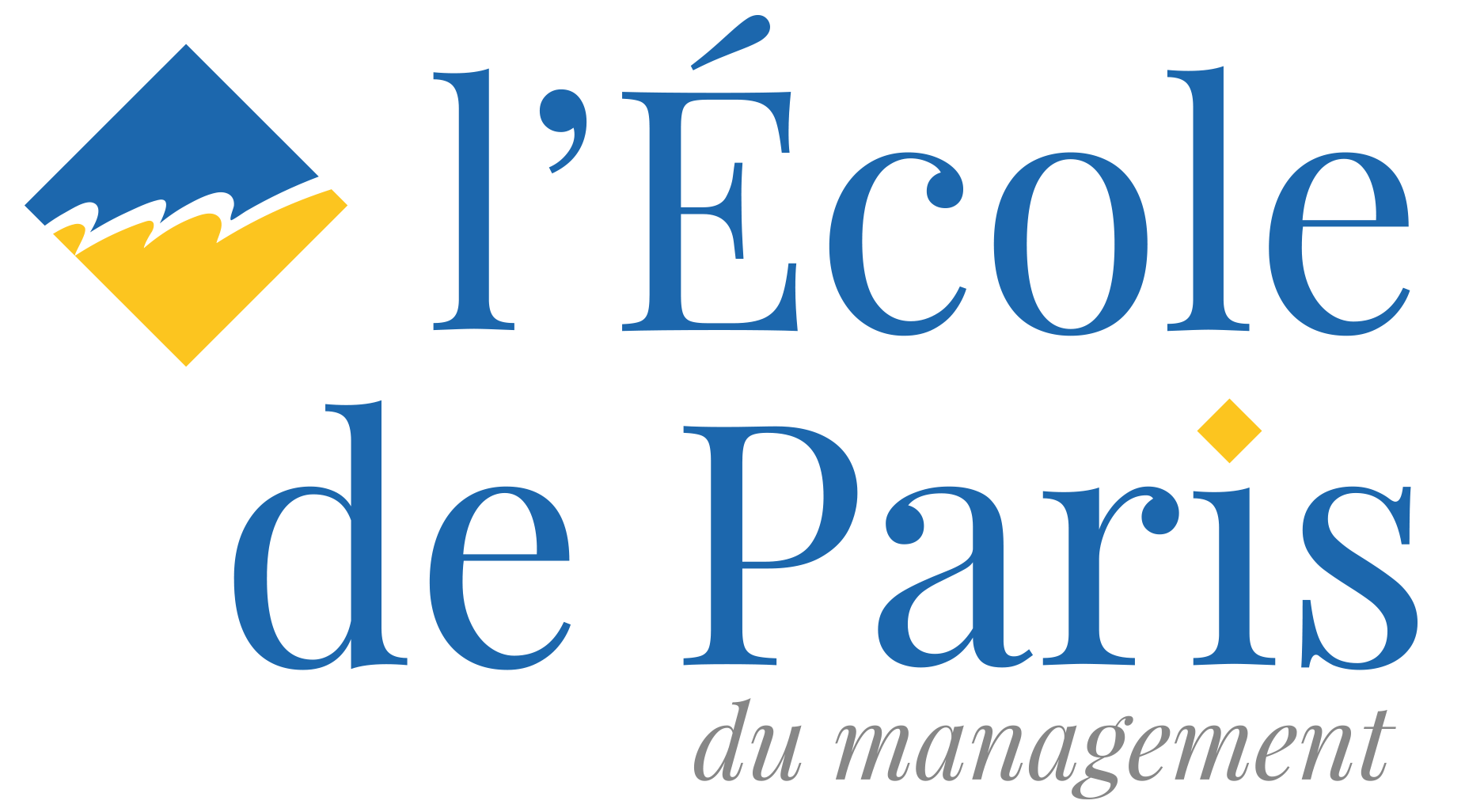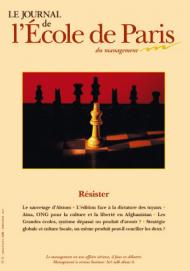Publishers and the dictatorship of the circuit
Seminar Creation | Tuesday November 13, 2007 - 8h45 - 10h45
The industrial process of book production in the nineteenth century paved the way for the emergence of a new intermediary between the publisher and the bookseller, the distributor. Generally speaking, the distributor tends to be a specialised company owned by an important industrial group, because distribution is currently the most lucrative activity in the book production chain. Jean-Pierre Ohl analyses the pernicious effects of the 'office' system which forces booksellers to stock all newly published books, even if it means returning a great number of unsold copies to their publishers, in order to benefit considerably the distributors and the transporters who travel tirelessly backwards and forwards between these two. This so-called 'dictatorship of the circuit' prevents booksellers from conducting their true profession as defined by Diderot, namely the management and running of a 'fund', in other words a selection of works in which quick sales counterbalance slower sales and enable the bookseller to take more time and trouble in the selling of quality books which are more difficult to sell. Eventually this system serves to harm creativity and risks creating a standardisation in literary production.
The entire article was written by:
Élisabeth BOURGUINAT



No comments yet